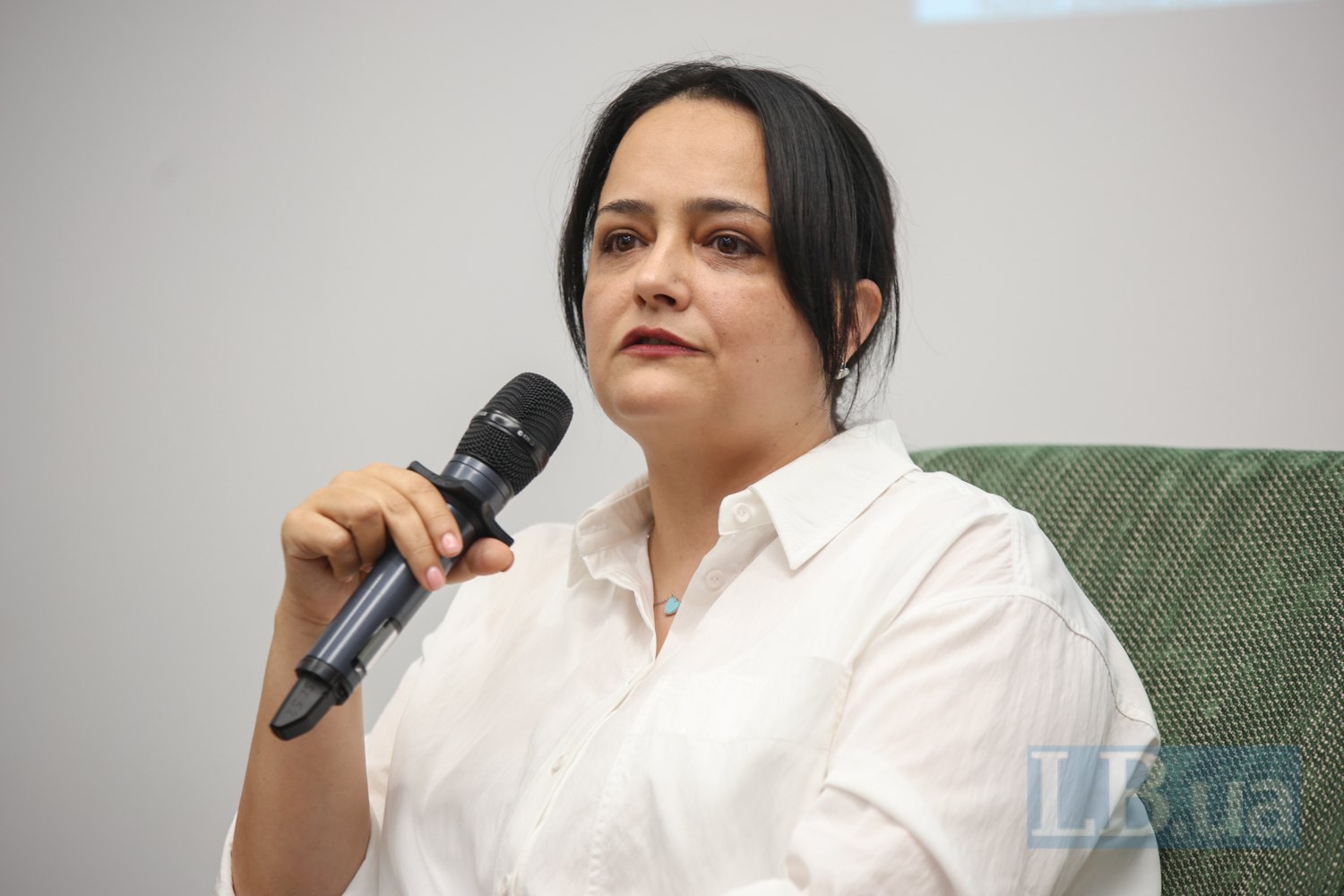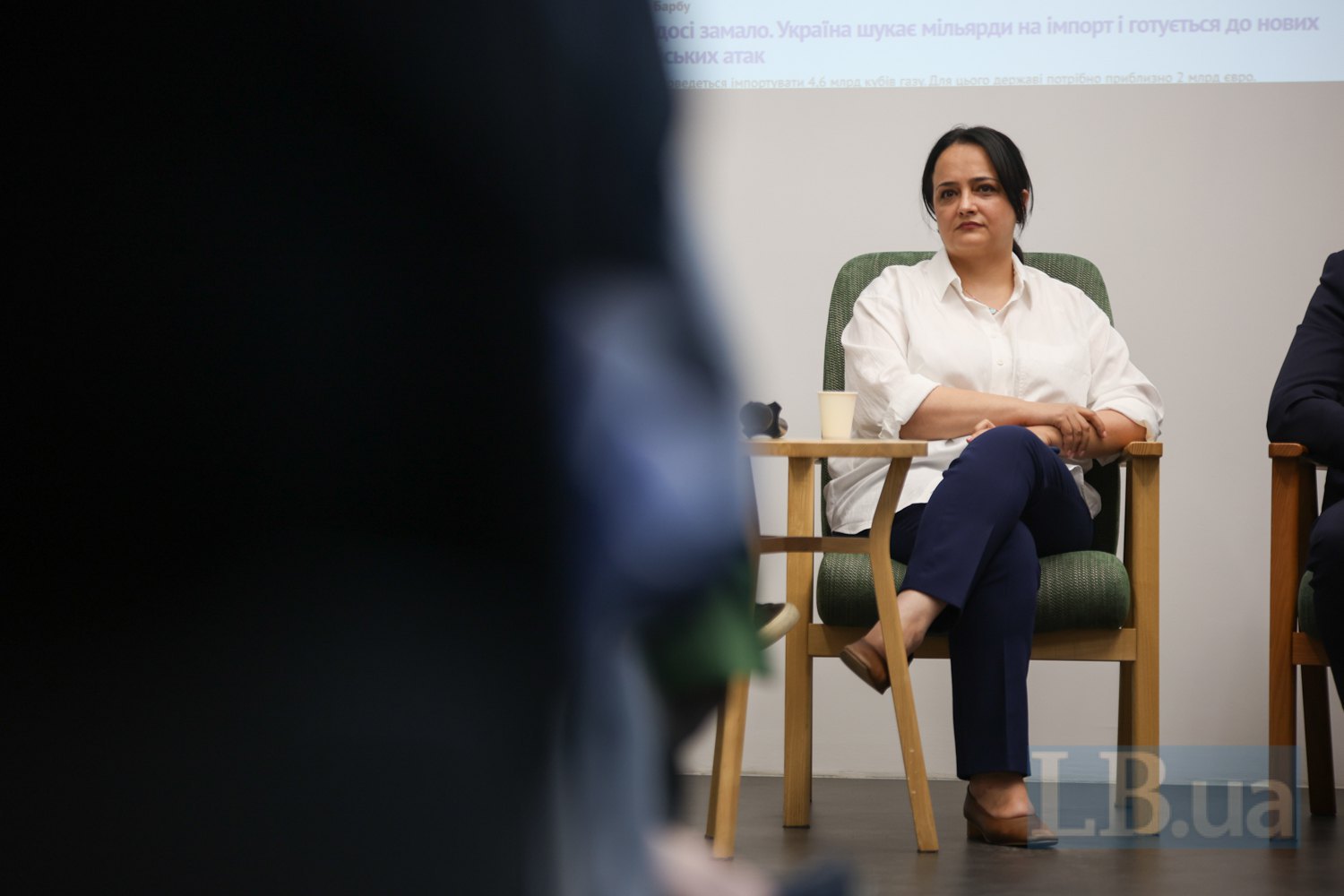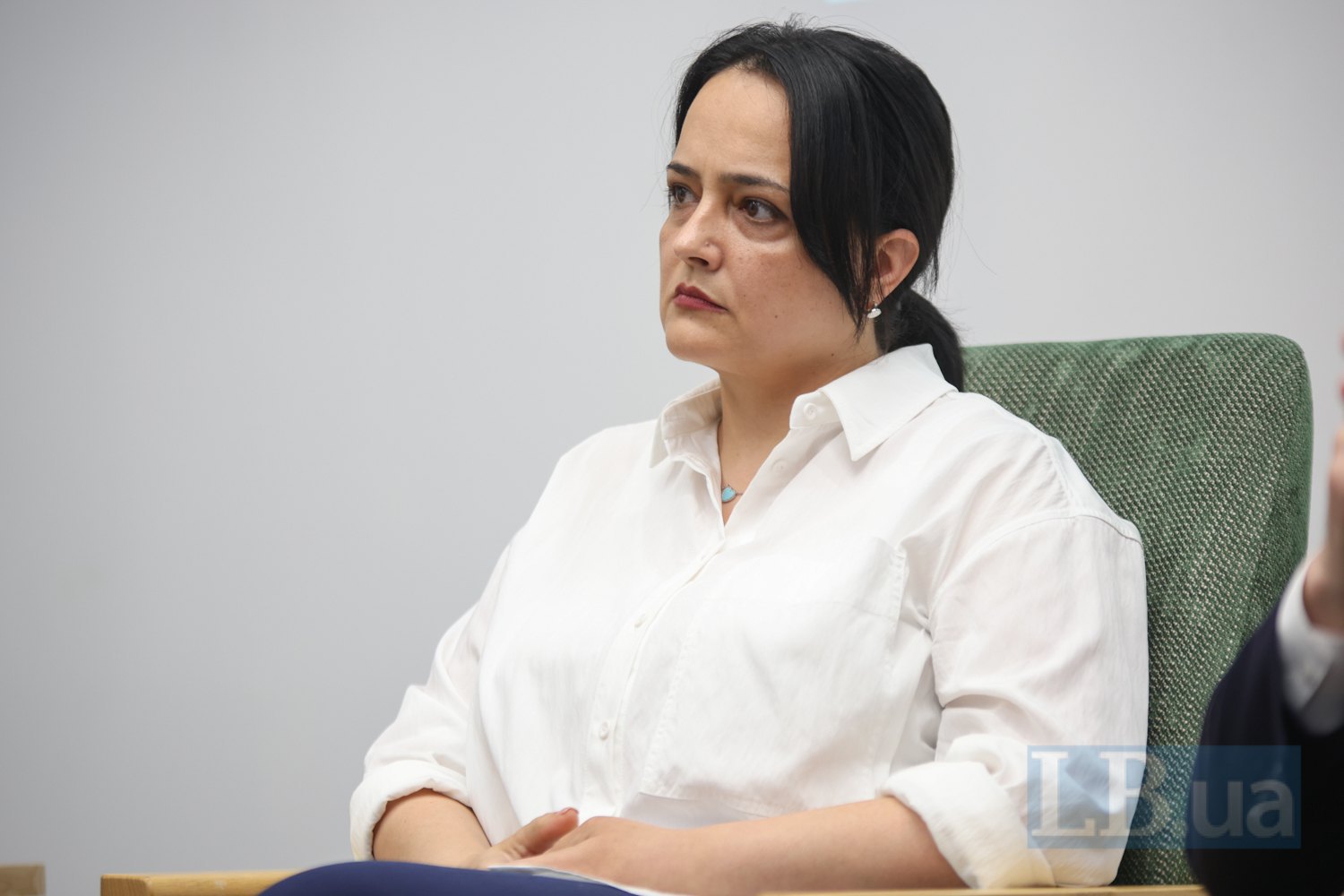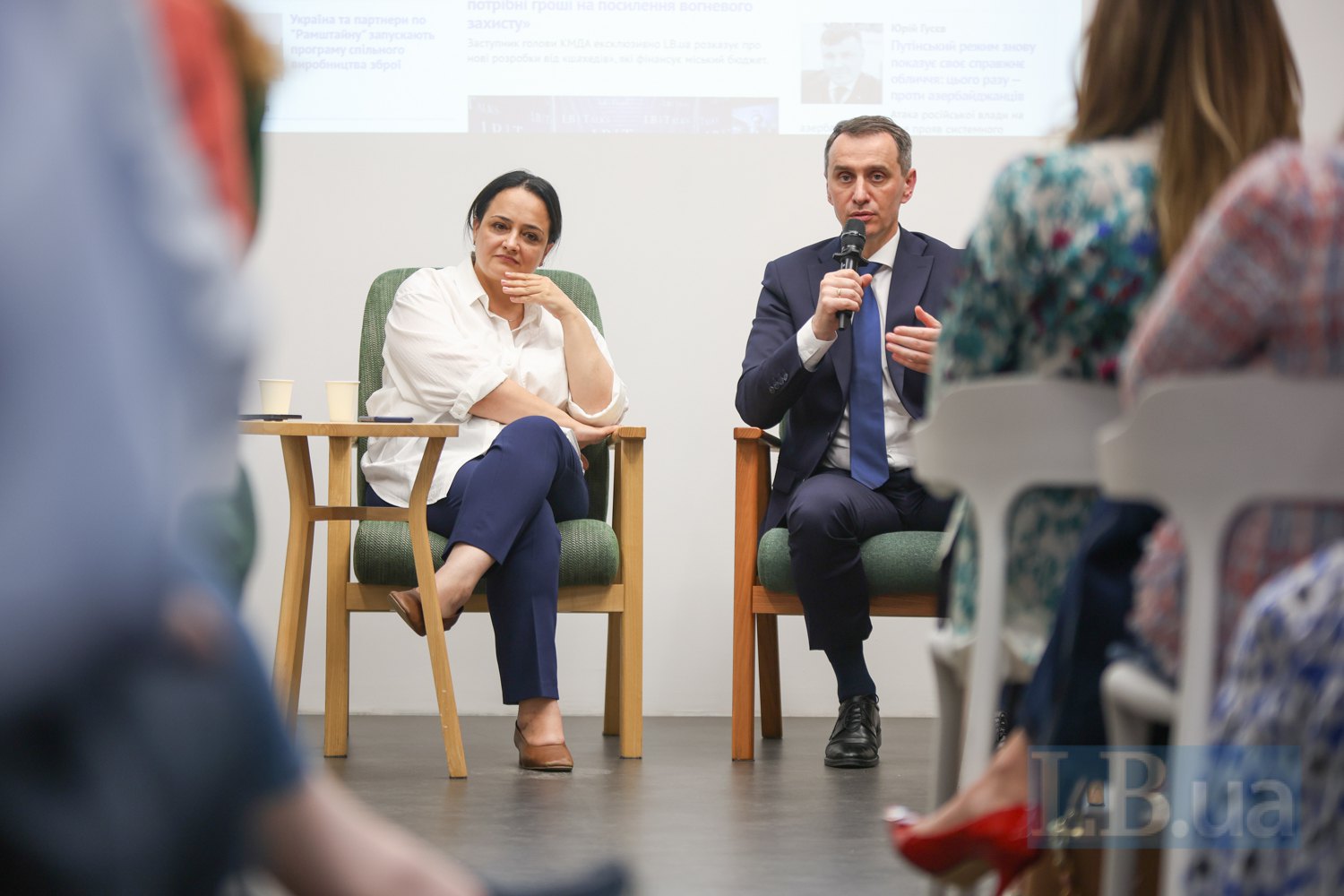
The introduction of patient verification has been postponed three times, says Nataliya Husak, but it remains essential – the absence of quality data makes it impossible to implement any meaningful changes.
“It was impossible to properly formulate the first medical guarantee programme because forms 20 and 12 (reporting forms for medical institutions) were so creative that they did not allow us to determine the demand for medical services or how many people were receiving them. In order not to turn the electronic healthcare system – the central database – into another creative project in the eighth year of the reform, verifications were introduced. At the start of the reform, we said that the system would be restructured so that we, as purchasers of medical services, would pay for actual services and actual patients,” said the Head of the NHSU.
In addition, according to Gusak, a clear patient database is a requirement of international partners who, following the full-scale invasion, are financing the entire medical guarantee programme and wish to understand what they are funding.
“The audits that have been conducted at the National Health Service of Ukraine over the past four years – namely BDO, Deloitte [auditing companies] commissioned by the World Bank and USAID, which financed the medical guarantee programme – gave our government one clear recommendation: to verify all patients and services in accordance with the state registers that exist in our country,” Husak noted.
Verification, the official adds, is not a new innovation; Cabinet of Ministers Resolution No. 411 (dated 25 April 2018 on certain issues of the electronic healthcare system) clearly states that all registers in the central database of the electronic healthcare system must be verified against state registers.

As of 1 July, 89% of children and 95% of patients overall (30 million out of 35 million registered) have been successfully verified, said Nataliya Husak.
“This indicates that the system inspires confidence not only among international partners who finance the medical guarantee programme, but also among our main stakeholders – the Ministry of Finance, the Ministry of Health, and law enforcement agencies. And this is important because this trust will be measured in terms of the amount of funding that can be additionally allocated in the coming years,” explained the representative of the National Health Service.
What will happen to payments for children who are not verified?
Nataliya Husak hopes that most of them will eventually pass the verification process. As for those who are abroad or whose parents do not wish to verify them – believing that the state should guarantee medical services regardless – communication is ongoing, so this will “definitely be a challenge for medical workers”.
One approach, according to Husak, could involve cooperation with the Ministry of Social Policy, which has also begun verifying social payments.
“They also have their own mechanism for suspending social payments for people who have not physically come to the Pension Fund and have not been able to verify their identity. I think this could also be one of the solutions that we are currently working on together with experts,” said the Head of the NHSU.

What other changes await the healthcare system
Nataliya Husak reminds us that the goal of the National Health Service is to create a civilised market for medical services. However, she acknowledges that, at present, it appears that demand for services is being met by overdiagnosis for the purpose of generating payments. Accordingly, this situation requires regulation.
"We are overpaying hundreds of millions of hryvnyas where one-day surgery could be performed," says Husak.
At the same time, in the 5-10-year perspective, the head of the NHSU predicts that the medical services market will undergo a reformatting: some segments will lose their relevance, while others will appear. For example, the number of chronic diseases is increasing due to the war. And the demographic situation will lead to a need for nursing care services and, in general, nursing care hospitals, which the medical system currently lacks.
"We also have a prototype of compulsory health insurance in the form of a purchaser, in the form of medical guarantee programmes, but we also have certain tools for purchasing medical services that have not yet been implemented in our segment and that we can use.
At one of the meetings, we considered highly specialised medical services, such as cardiac surgery, for example. ...The National Health Service of Ukraine is preparing to procure medical services not only through selective contracting and concentration of services, but also by standardising the number of services. This will also give impetus to the development of the market. We are starting to use this little by little. For example, in the ninth package of outpatient care in 2025," said Nataliya Husak.

In general, she suggested that the NHSU would not purchase all services, but only those that are a priority for the state. "And in the eighth year of the reform, we can already measure what we are getting from such purchases in terms of public health," noted Nataliya Husak.








